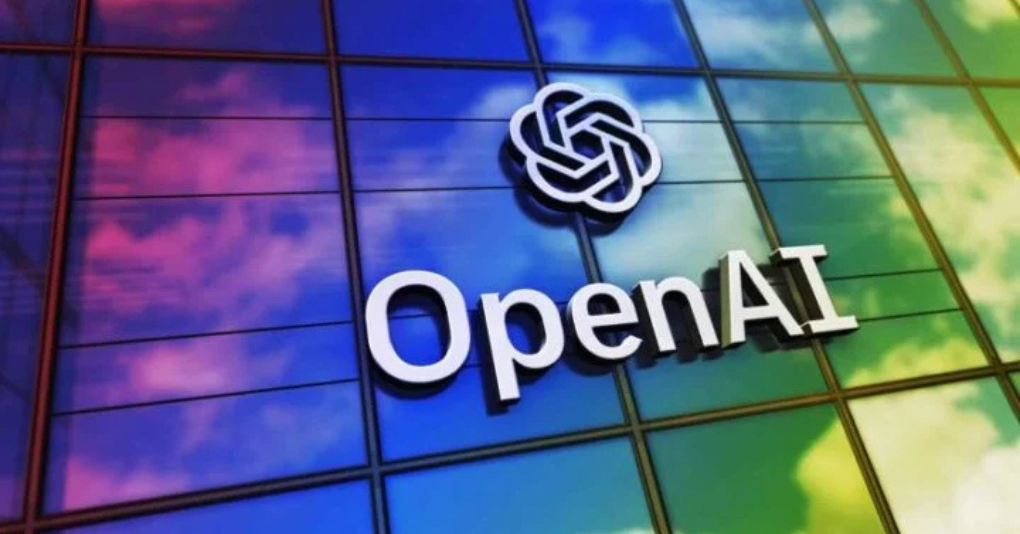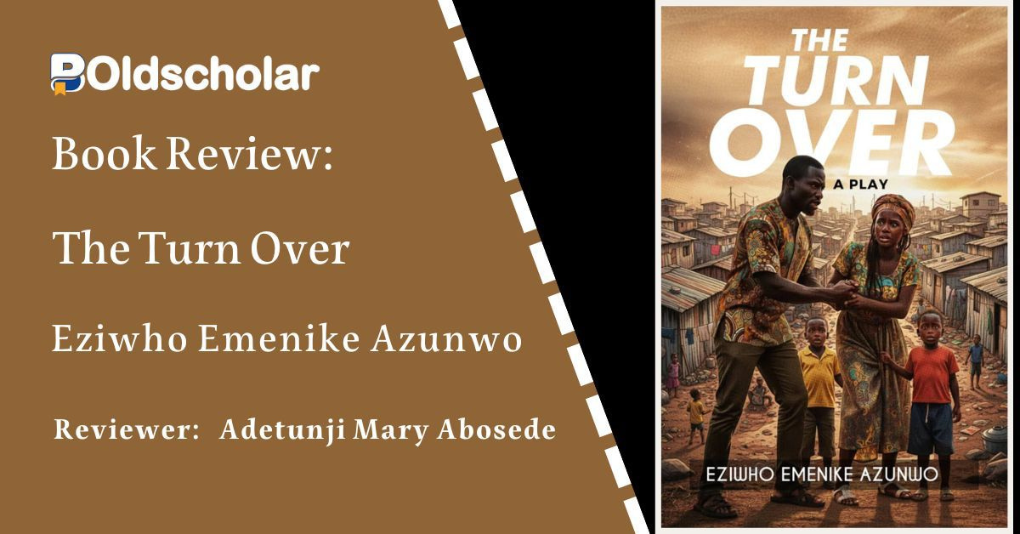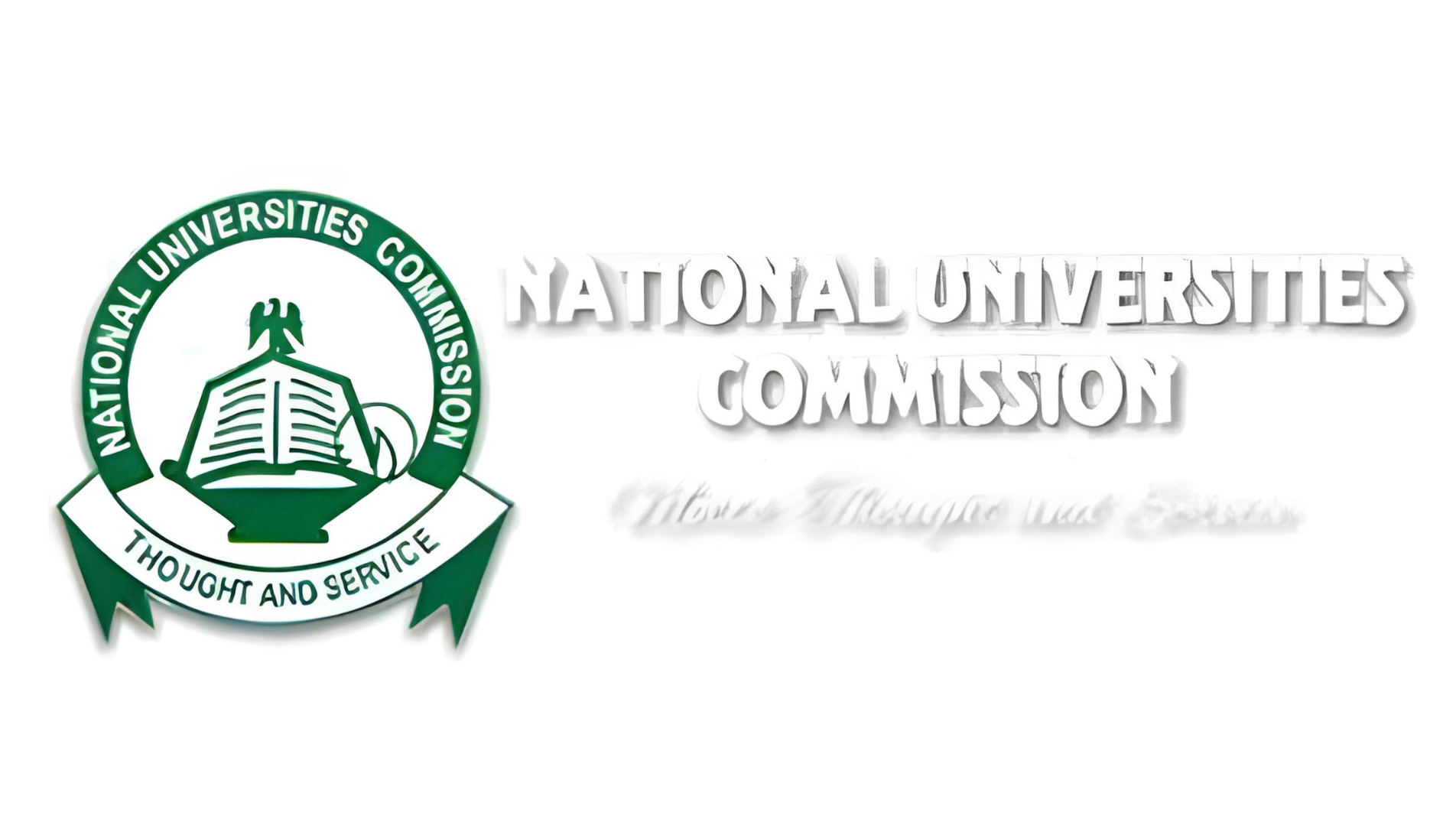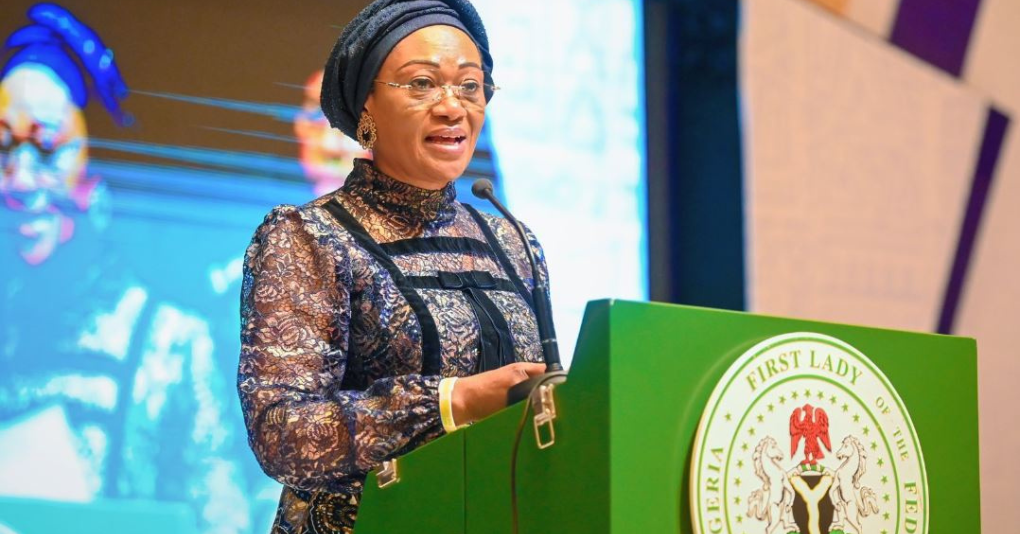ChatGPT, the generative artificial intelligence chatbot developed by OpenAI, on Tuesday in Lagos, Nigeria, announced the University of Lagos (UNILAG) as the first institution in the African continent to host its Open AI Academy.
Emmanuel Lubanzadio, the Africa Lead at OpenAI and keynote speaker announced this at the ongoing 5th International Week organised by the University of Lagos themed: “Equitable Partnerships and the Future of AI in Africa”.
Lubanzadio disclosed that the significance of OpenAI Chat GPT used by over 500 million user’s weekly is primarily for learning affecting various fields such as academia, healthcare, and agriculture.
He said the coming of the OpenAI Academy at the university will enhance capacity building initiatives as it will offer free courses to help various sectors, including startups and governments in the deployment of AI effectively.
According to him, the OpenAI Academy will start operations in partnership with the University of Lagos, showcasing local use cases and sharing knowledge globally.
He added, “This can actually serve the world as an example, how AI is solving critical problems, and not that it’s teaching us something new, but it’s rather reinforcing things we knew, and to help us be better at what it is that we already knew.
“So, this is quite powerful and, for this, in the context of Nigeria and Africa, Unilag is really taking an important role in enabling this, because launching the first OpenAI Academy, having the facilitators, having the people, having the audience, having the individuals and the leaders is quite powerful. I am happy to be here, and to officially announce the launch of OpenAI Academy, the first one in Africa,” Lubanzadio said.
Speaking, Ms. Yvonne Ike, the Managing Director and Head of Sub-Saharan Africa (Ex-RSA) at the Bank of America Africa, said Africa, particularly Nigeria, has a unique opportunity to harness technology and innovation to redefine its future, and it is crucial for the continent to take proactive steps in shaping its technological landscape.
She said the current global struggle for technological supremacy between the USA and China underscores the need for Africa to assert its capabilities and resources in technology as she urged proactive engagement by Africa to take charge of its narrative in global partnerships and collective action to define how technology and innovation are applied to local needs
The opening ceremony also featured remarks by Dr. ‘Bosun Tijani, Minister of Communications and Digital Economy, represented by Olubunmi Ajala, the National Director of the National Centre for Artificial Intelligence and Robotics (NCAIR); Dr. Ike Okoro represented Minister of Science and Technology and
Princess Adejoke Orelope-Adefulire, the Senior Special Assistant to the President on Sustainable Development Goals (SSAP-SDGs) represented by Dr Bala Yunusa.
Professor Folasade Ogunsola, Vice chancellor of UNILAG, in her opening address, explained that the 5th International Week aims at fostering equitable partnerships and explore the role of artificial intelligence (AI) in Africa, positioning the continent as a proactive contributor to global innovations rather than a passive consumer.
She welcomed participants from Universities across Africa and the world, tech companies, governments, and international organizations to UNILAG to discuss Africa’s active role in the AI revolution and create collaborative plans for the future.
Ogunsola emphasised that Africa has the potential to leapfrog technological limitations in education, healthcare, governance, and industry through AI, emphasizing the need for partnerships based on mutual respect and co-creation, saying the University of Lagos is dedicated to being a hub for AI and innovation, combining global standards with local realities to effectively address unique African challenges.
“Africa must not be a passive consumer in the AI revolution. We must be active contributors, thoughtful leaders, and builders of contextually relevant solutions. This is not optional. It is necessary.
“Particularly, we belong to the African Engineering and Technology Network Afretec network where we collaborate with other African universities to achieve digital transformation through education and innovation.
“We do not teach our students merely to use algorithms others have built; instead, we teach them to address African problems that Silicon Valley has never encountered. Problems important to Africans and that only Africans will solve. We innovate for survival in economically constrained situations.”
Emphasising that the future of AI in Africa cannot be built without Africans, Professor Ogunsola said UNILAG is addressing competences in liberal arts like critical thinking, adaptability, and ethical reasoning sometimes neglect by universities in favour of narrow technical training.
“To our international partners joining us this week, you are not here to help us catch up. You are here because African innovation offers solutions that the world needs. Your collaboration with us is a strategic partnership.
“To our students from across Africa and beyond, remember that the work you do here has global implications. The algorithms you write, the problems you choose to solve, the ethical frameworks you develop will determine whether AI becomes a tool of liberation or a new form of dependency,” Ogunsola added.
Earlier in his address, Professor Afolabi Lasi, Deputy Vice chancellor, Development Services, UNILAG emphasizes the importance of building equitable partnerships in research and education to address societal needs in Africa.
He emphasised the importance of ongoing collaboration among stakeholders, emphasizing the importance of reciprocity and shared purpose in building sustainable solutions for the community.
The formal opening of the 5th International week featured a panel session moderated by Dr. Olayinka Adewunmi, the Acting Director of Innovation and Technology Management Office (ITMO), University of Lagos.
The panel session was themed: “Equitable Partnerships and the Future of AI In Africa”.
It featured contributions by Mr. Massimo Deluca, the Head of Cooperation at the EU Delegation to Nigeria and ECOWAS; lyinoluwa “E” Aboyeji, Founding Partner of Future Africa; Prof. Diana Mitlin from the University of Manchester; Miss Adeleke Eniola- Founder, RiaScope; Prof. Matthew Guah-South from Carolina State University and Dr. Victor Odumuyiwa, the Director of NITDA IT Hub (NITHUB), University of Lagos.
Share this post





Be the first to comment on this post